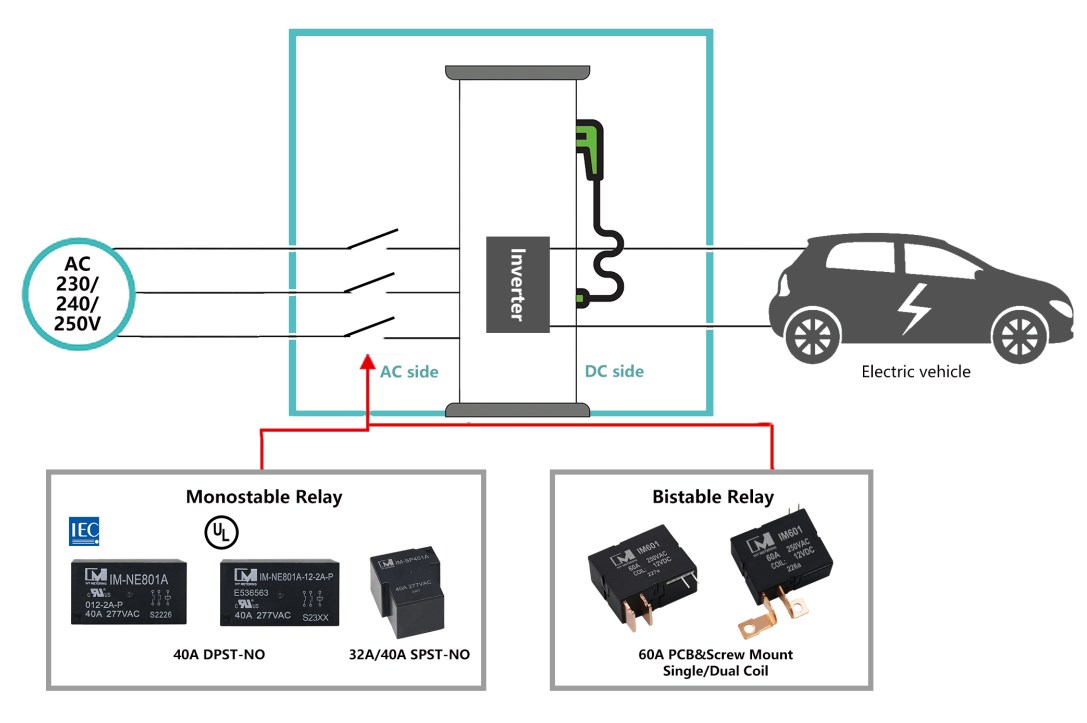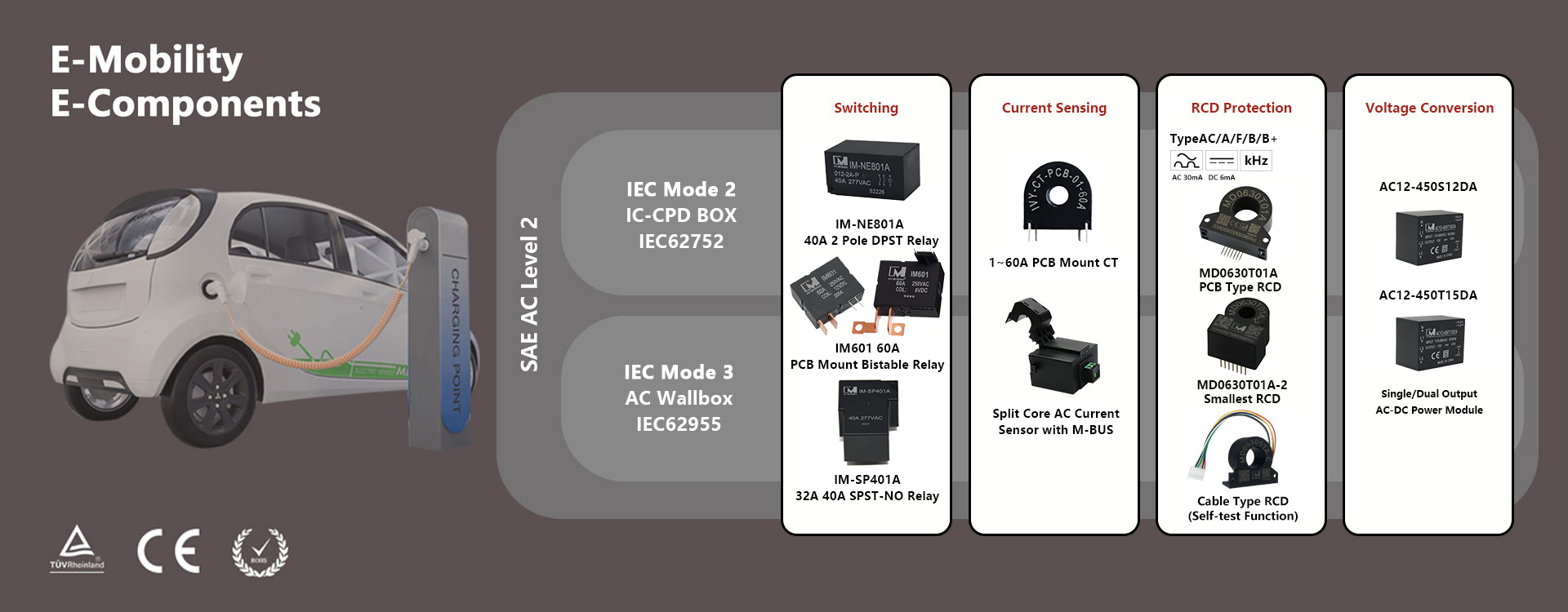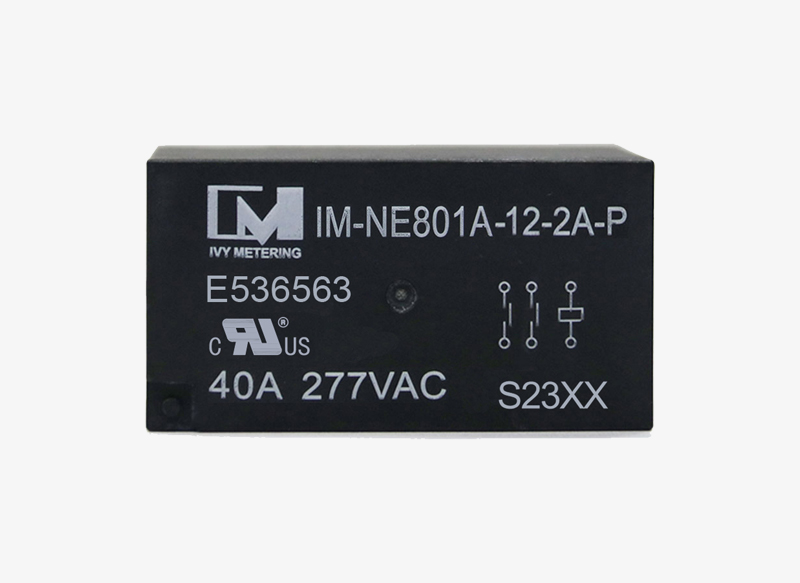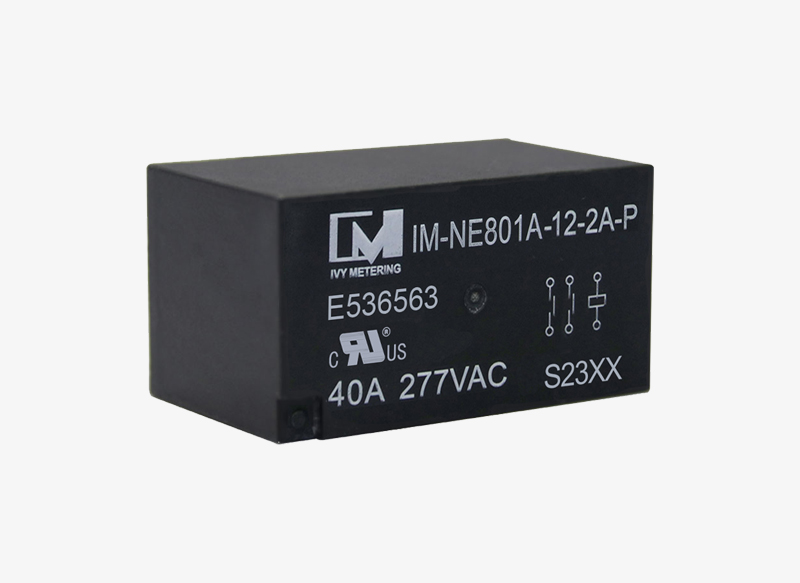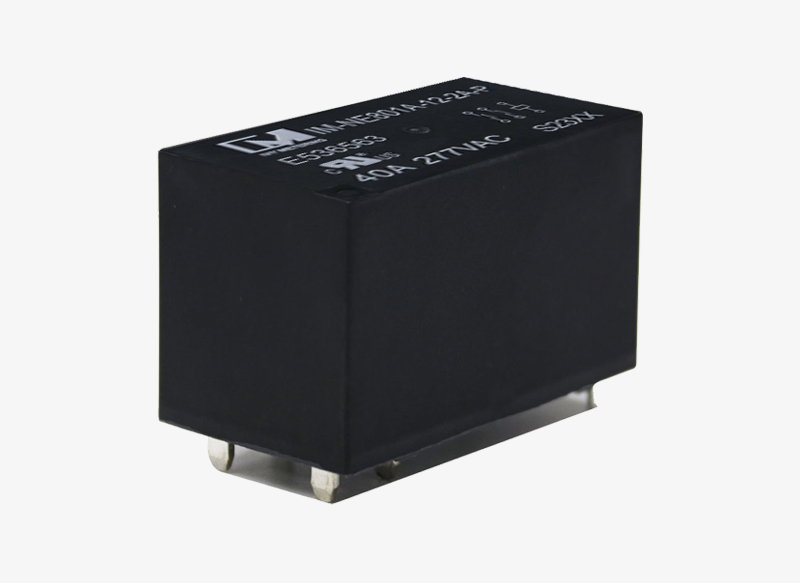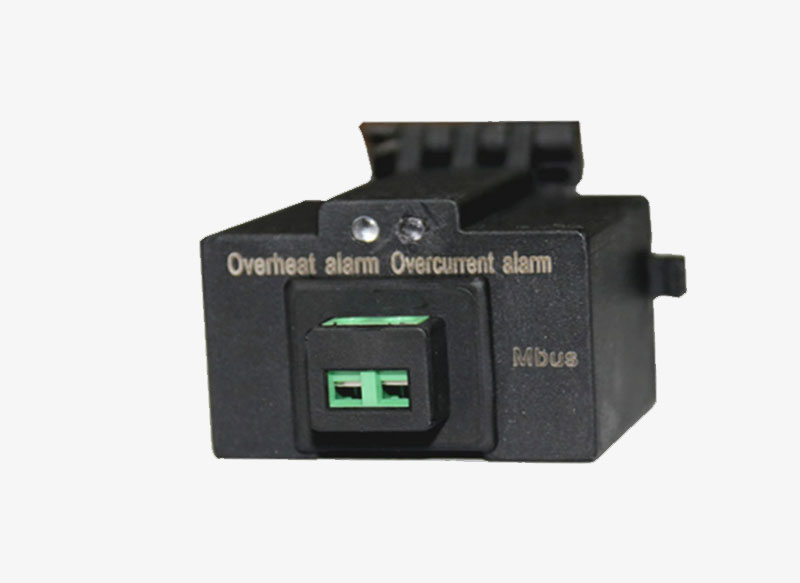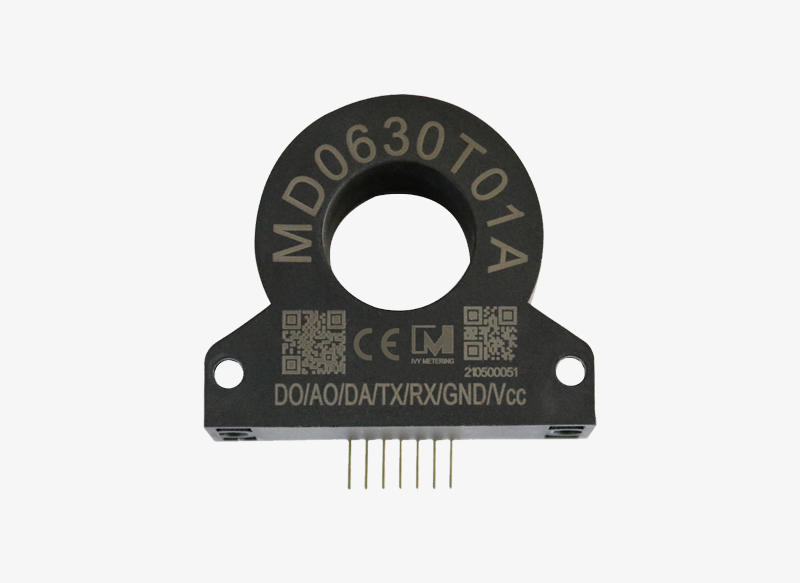Description
The IM-NE801A printed circuit board (PCB) two-pole (2P) ac power relay is designed to switch EV charging applications on and off. Its extended contact gap of greater than 3 mm provides better isolation and allows for usage in higher elevation environments. The very compact form factor has a low temperature rise and heavy-duty power switching current up to 40 A/277 V ac. This relay family enables compliance with all EV charging infrastructure standards such as IEC 61851-1, IEC 62955, IEC 62752 and UL 2231. In addiction to EV charging station, it is also widely used in PV inverter, motor control, home appliance, and industrial Automation.
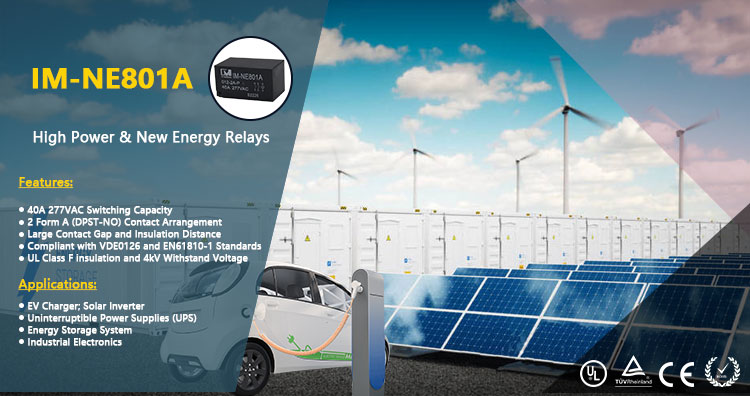
FEATURES & BENEFITS
Low contact resistance, Low temperature rise at rated current
Contact rating up to 40 A: Suitable for Mode 2 and Mode 3 EV charging defined by IEC 61851-1 and Ac Level 2 EV charging defined by SAE J1772
Certified to IEC 61810-1: Contact load category CC 2, 50,000 cycles; Enables compliance to IEC 61851-1 for switching of main current path
Large contact gap Meets overvoltage category III requirement and provides enhanced
protection against shock and vibration for added safety and longevity
Compact size Smaller footprint than two single-pole relays for similar current rating adding design flexibility
2.Technical Parameters:
| Dimension(mm) | 49×30×26.5 | |
| Weight ( g ) | ≈70g | |
| Contact Arrangement | 2A | |
| Contact Material | AgSnO2 | |
| Environment Temperature | Operation:-40℃~85℃ ; Storage:-40℃~125℃ | |
| Continuous Current | 40A | |
| Max. Switching Voltage | 277VAC | |
| Short-time Over-current | 1000A 1ms Three Times | |
| Initial Contact Resistance | 10mΩ (at 20A) | |
| Insulation Resistance | 100MΩ, at 500VDC, 50%RH | |
| Mechanical Endurance | 1×10^6 ops | |
| Electrical Endurance | 50000 ops@32A 230VAC 20000 ops@40A 230VAC | |
| Power Consumption | 1.8W/3.0W | |
| Rated Voltage | 12VDC | |
| Pick-up Time | 30ms. typical | |
| Release Time | 10ms. typical | |
| Dielectric withstanding voltage | Across Open Contact | 801A: 4000VAC 1min |
| Coil to Contact | 4500VAC 1min | |
| Shock Resistance | 20g, 11ms | |
| Dielectric Strength | 500Vrms, 1 min | |
3. EV Charging Solution
Relays and contactors are used to disconnect the cable, or cable socket, from the vehicle in the event of a problem, or at the end of a complete charge cycle. They must be able to break the full AC current to the onboard charger under load in an emergency, but would normally be switching under no, or very little, load current. For this application, traditional AC contactors will suffice, but they are bulky and relatively difficult to package into a small wall-mounted enclosure.
PCB-mounted relays are ideal for these applications, being smaller and less susceptible to the inadvertent operation caused by shock. Domestic systems are usually limited to around 32A. Typically, the requirement is to break both the Live and Neutral for safety, therefore a double pole relay, such as the IM-NE801A, is ideal for this.
